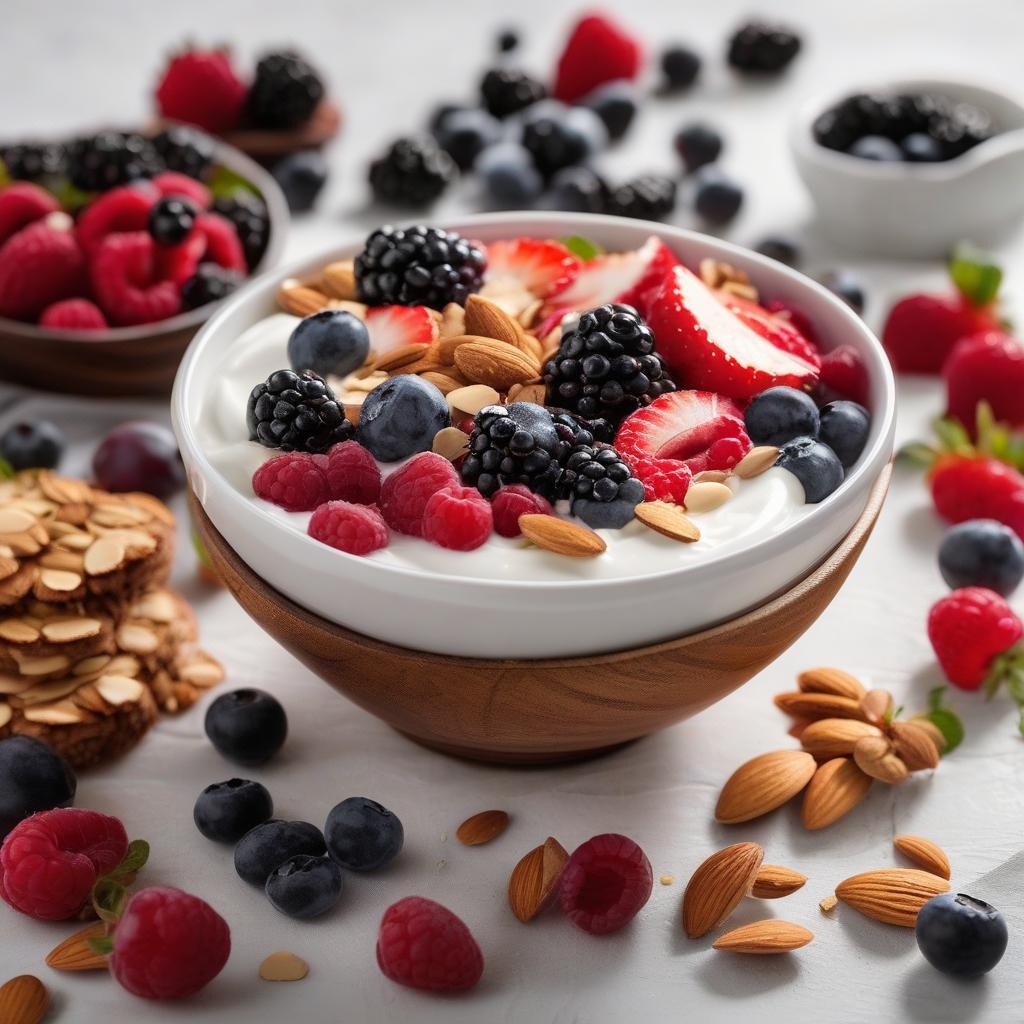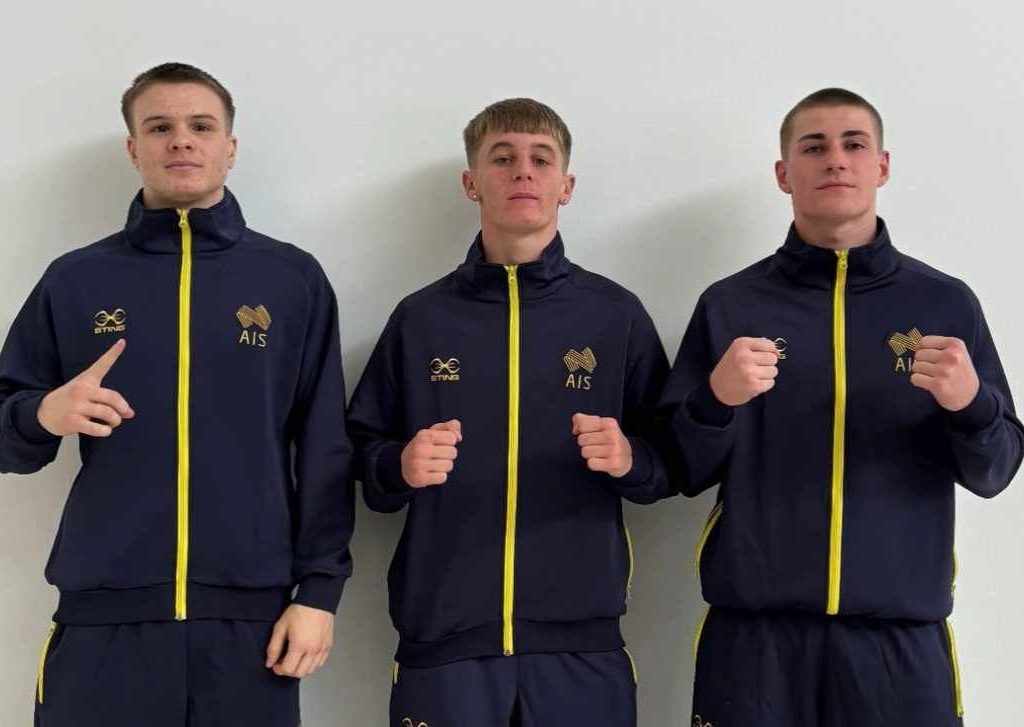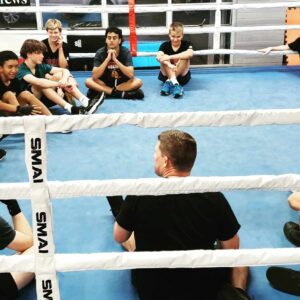The Essence of Boxing Beyond Barriers
In an era where youth crime remains a significant concern, innovative programs targeting the underlying issues are vital. One such initiative making waves in Brisbane is the “Boxing Beyond Barriers” program, spearheaded by professional coach and business owner Gareth Williams. Established in 2011, this school-based program has impacted over 20,000 students and has proven instrumental in aiding young individuals develop essential life skills, self-belief, and better decision-making abilities.
At its core, Boxing Beyond Barriers is much more than just a boxing program. It is a holistic approach to youth development that integrates physical training with crucial life lessons. By engaging young participants in various aspects of boxing, the program fosters discipline, resilience, and teamwork—all while reinforcing the importance of making positive life choices.Gareth Williams frequently emphasizes a powerful saying: “If you drop your hands, you get hit; well, life is exactly the same.” This analogy encapsulates the program’s philosophy, teaching young people that neglecting their responsibilities or failing to make proactive choices can lead to unfavorable consequences. In the boxing ring, as in life, awareness and readiness are essential for success and safety.
Building Self-Belief and Confidence
A pivotal element of the Boxing Beyond Barriers program is its ability to instill self-belief in participants. Many young individuals face various socio-economic challenges and may struggle with self-esteem and feelings of worthlessness. Through rigorous training and positive reinforcement, the program helps participants realize their potential. As they see improvements in their physical abilities and confidence levels, they begin to understand that they are capable of overcoming obstacles both inside and outside the ring.The emphasis on self-belief is crucial in combating youth crime. When young people feel empowered and confident in their capabilities, they are less likely to engage in negative behaviors that could lead to criminal activity. They learn to value themselves and their futures, creating a sense of hope and purpose that can redirect their energy into positive pursuits.
Real-Life Lessons
Through SportBoxing Beyond Barriers integrates real-life lessons into its training sessions. Participants learn the importance of commitment, respect, and responsibility—values that are essential for personal development and citizenship. The program encourages open discussions about the challenges young people may face, including peer pressure, gang affiliation, and substance abuse. By addressing these issues directly within the supportive environment of the program, participants can develop the skills to navigate complex social dynamics.Mentorship plays a significant role in the program. With Gareth Williams and other coaches serving as role models, participants receive guidance from individuals who have successfully navigated their own challenges. These relationships can be pivotal in helping young people understand the long-term implications of their choices and actions.
Impact on Youth Crime Rates
By providing an avenue for self-expression, positive reinforcement, and life skills development, Boxing Beyond Barriers has the potential to reduce youth crime rates significantly. As participants engage in productive activities, they are less likely to find themselves involved in criminal activities. Additionally, the program creates a sense of community and belonging, which can further deter young individuals from associating with negative influences.In schools where Boxing Beyond Barriers is implemented, educators report a decline in behavioral issues and an overall improvement in students’ attitudes towards learning and personal development. By steering young individuals away from crime and towards community involvement, the program makes strides in fostering safer environments for all.
Conclusion
As we seek effective solutions to reduce youth crime, programs like Boxing Beyond Barriers highlight the importance of empowering young people through skill development and life lessons. Gareth Williams’ program serves as a beacon of hope for many, demonstrating that with the right guidance and support, young individuals can overcome adversities, build better futures, and make constructive choices.Through boxing, mentoring, and real-life teachings, the program is not only boxing’s young participants into skilled athletes but also preparing them to face the world with resilience and determination. In a society that faces ongoing challenges, Boxing Beyond Barriers offers a promising pathway for youth to thrive and cultivate a positive sense of identity—making a lasting impact on their lives and communities.


